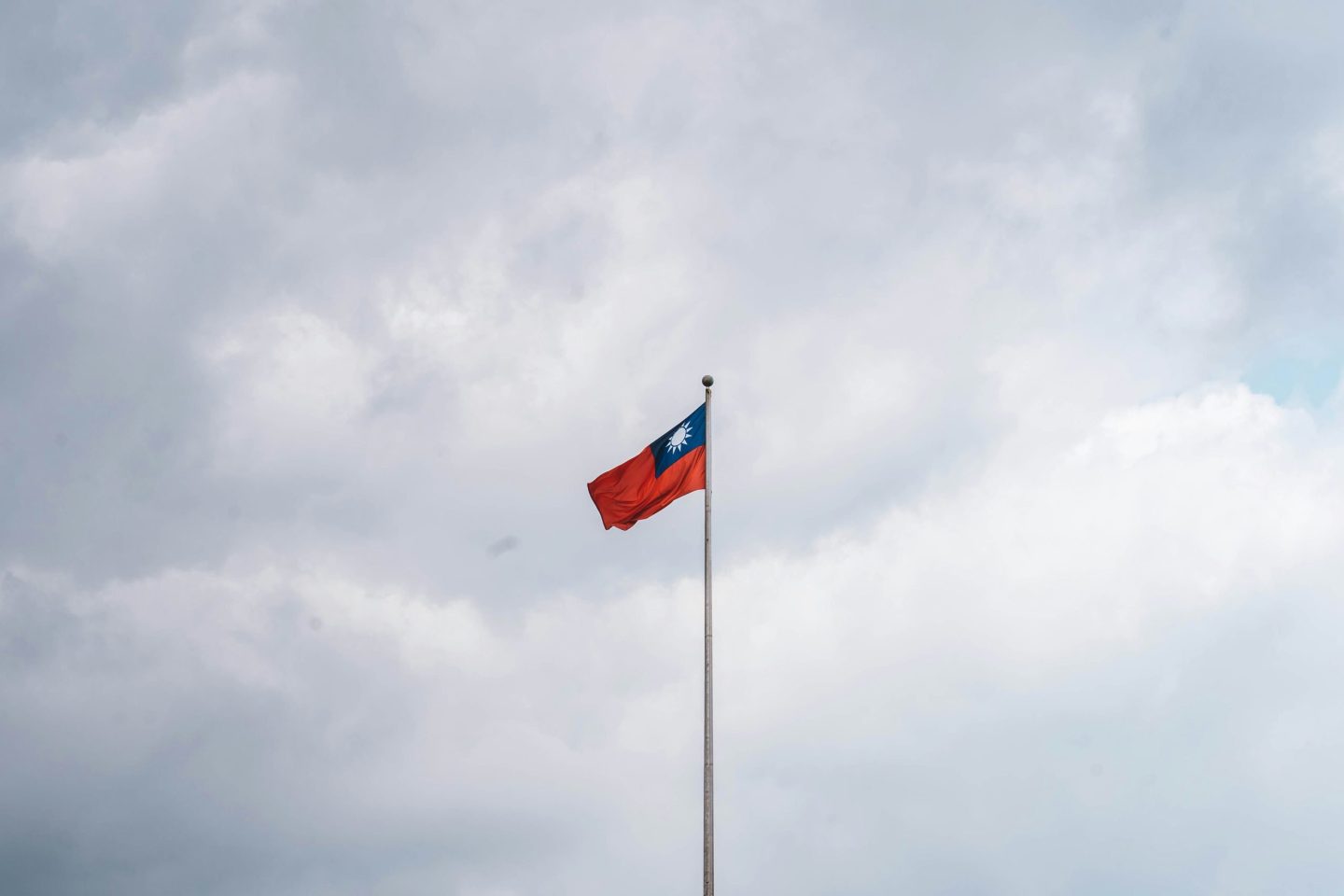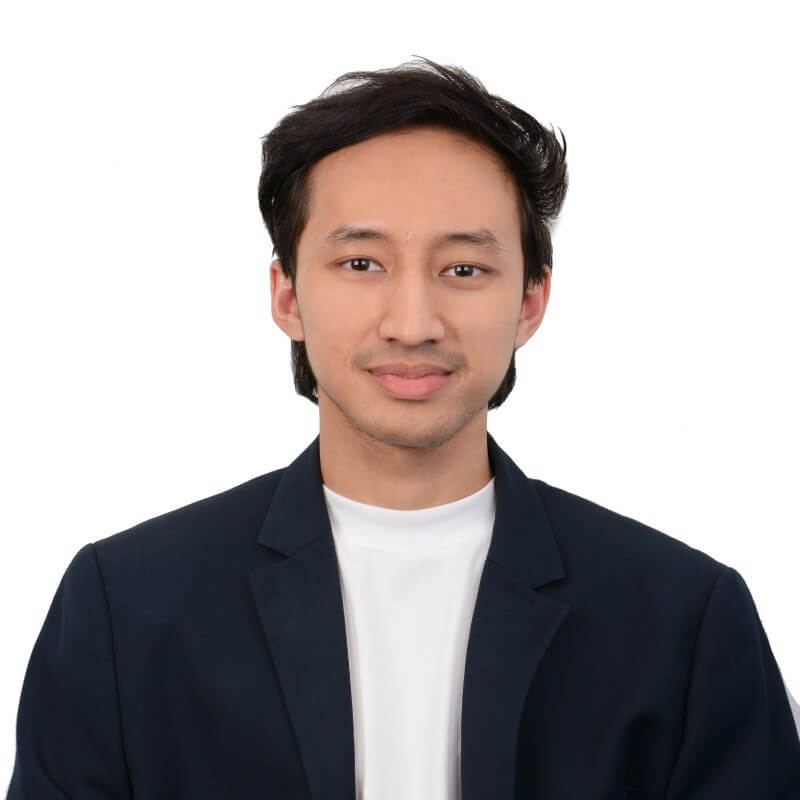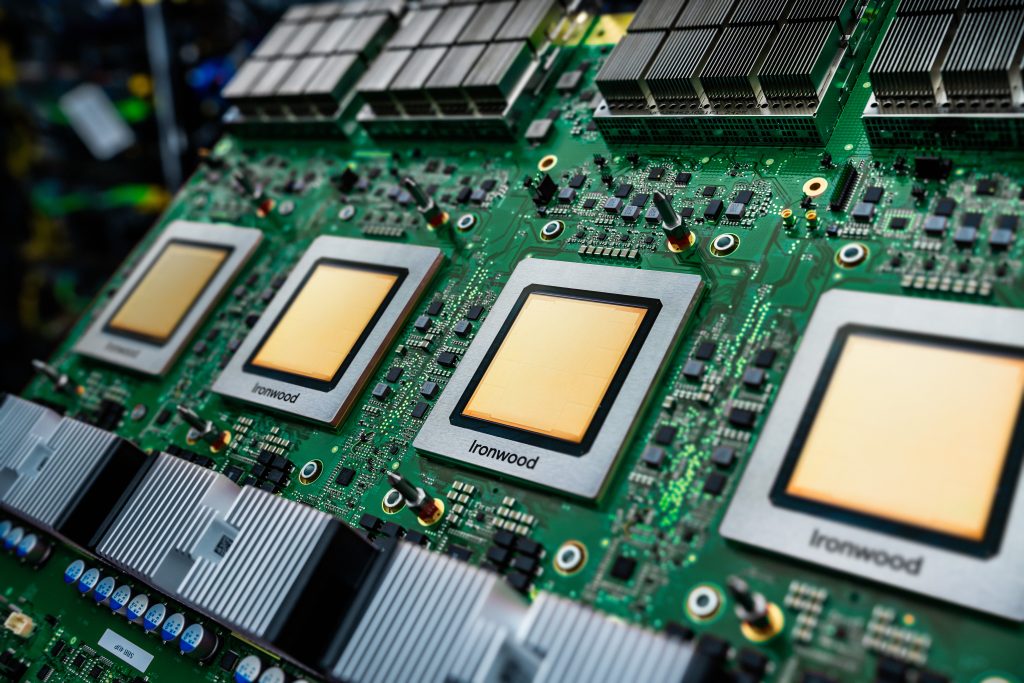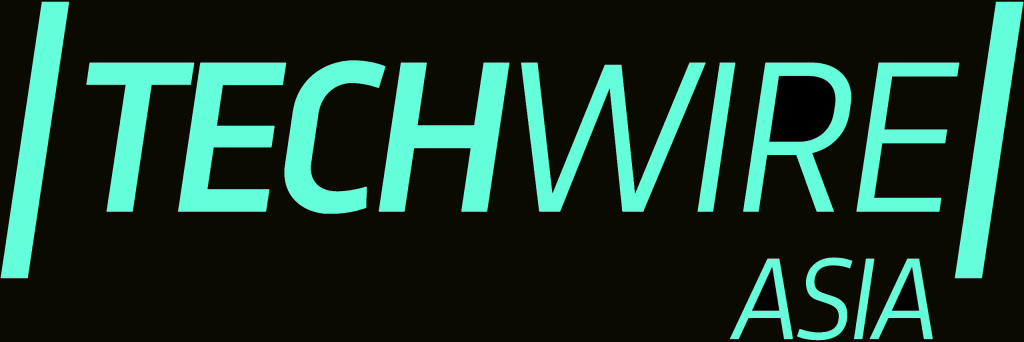- Taiwan is urged to strengthen its technology and supply chain for global leadership.
- Trump hints at using tariffs to push chip manufacturing to the US.
Taiwan needs to double down on advancing its chip technology and expanding its supply chain to keep its top spot in the global market, according to a leading trade group. The call came just hours after Donald Trump secured his second term as US president.
“I am confident that the long-standing Taiwan-US partnership, built on shared values and interests, will continue to be a pillar of regional stability and prosperity for all,” said Taiwanese leader William Lai Ching-te in a congratulatory note to Trump.
Taiwan has long been a semiconductor powerhouse, with its chips powering everything from everyday electronics to advanced wind turbines and military equipment.
“We need to ramp up R&D to keep our critical position in the global semiconductor supply chain,” said Cliff Hou, Chairman of the Taiwan Semiconductor Industry Association and senior vice president at TSMC. He also said that talks with the Taiwanese government are underway to bring in foreign partners to establish design and materials hubs in Taiwan.
Taiwan’s semiconductor industry is set to see its output rise by 22% this year, reaching over US$164 billion, driven by booming AI technology and a rebounding economy, according to a top TSMC executive.
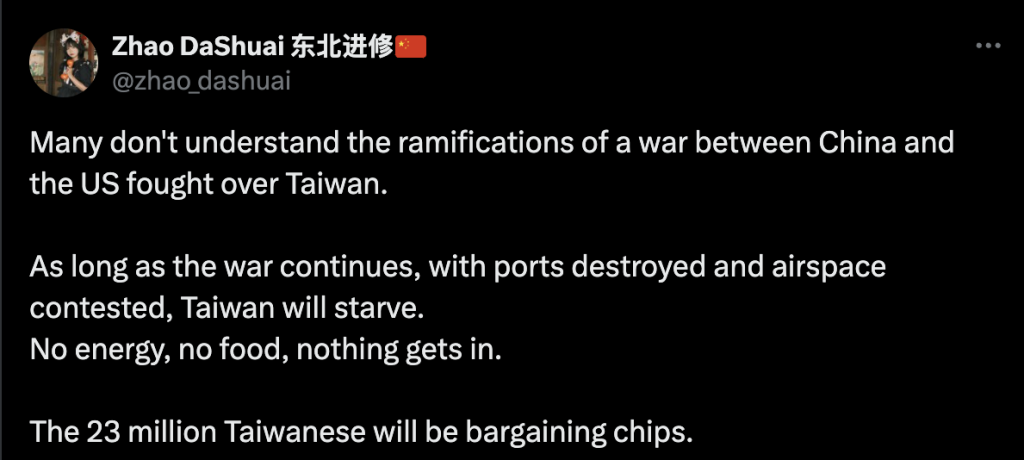
While Taiwan enjoys its status as a global chipmaking leader, it faces the threat of physical invasion by China, which views it as a breakaway province. Trump’s re-election could shift how Taiwan fits into international relations. President Joe Biden had consistently backed Taiwan with clear support, while Trump has signalled that the island should pay for its own defence. In a Bloomberg interview, he commented on his relationship with Chinese President Xi Jinping, saying, “He was a very good friend of mine until Covid.”
Hou, a 27-year TSMC veteran with a US doctorate, stressed that Taiwan should also develop expertise in equipment and materials—areas still dominated by international companies. He told reporters at an event in Hsinchu that Taiwan’s strong bond with the US won’t waver, regardless of the political landscape.
Beyond TSMC, smaller Taiwanese suppliers are making big strides in AI-related tech, securing significant orders for data centre servers, cooling systems, and power solutions.
Despite his tough stance on Beijing during his previous presidency, Trump’s recent comments have been less favourable for Taiwan. He suggested that Taiwan’s defence budget should jump to 10% of its GDP and openly questioned the US’s role in defending the country. In October, he told podcast host Joe Rogan, “These chip companies, they stole 95% of our business. It’s in Taiwan right now. They do a great job, but that’s only because we have stupid politicians.”
John Bolton, Trump’s former national security adviser, previously noted that another Trump presidency could be dire for Taiwan, warning that “Taiwan is potentially toast.”
The day before the election, Cho Jung-tai, who heads Taiwan’s cabinet, was candid about defence spending, pointing out that the budget couldn’t be expanded “overnight.” Han Kuo-yu, a key legislator, echoed those concerns, saying that Taiwan’s political and economic challenges are likely to grow during a Trump presidency. He emphasised the importance of balancing ties with Washington while maintaining peace with Beijing.
Lai Shyh-bao, another legislator, added that Trump’s potential influence on Taiwan’s chip industry “should not be underestimated.”
Kuo Yu-jen, a professor from the Institute of China and Asia-Pacific Studies, advised that Taiwan should “watch Trump’s policies closely” to prepare for any shifts.
The president-elect hinted that tariffs could be his tool of choice to incentivise companies like TSMC to build chip facilities in the US. Hou, however, said Taiwan’s industry hasn’t been notified of any upcoming tariffs.
TSMC, which supplies Apple and Nvidia, has committed over US$65 billion for chip plants in Arizona, contingent on strong governmental support. Nonetheless, Taiwan aims to keep its most advanced tech within its borders. Recently, Economic Affairs Minister J.W. Kuo confirmed that local laws prevent TSMC from exporting its cutting-edge technologies abroad.
Want to learn more about AI and big data from industry leaders? Check out AI & Big Data Expo taking place in Amsterdam, California, and London. The comprehensive event is co-located with other leading events including Intelligent Automation Conference, BlockX, Digital Transformation Week, and Cyber Security & Cloud Expo.
Explore other upcoming enterprise technology events and webinars powered by TechForge here.

